Most homeowners don’t know the fight between their foundation and water is happening until it will cost them a lot. Losses include but are not limited to: time, valuables, trust, & money.
In this article, we’ll show you why water is the worst enemy for your foundation and basement, and what can you do to give your home the immunity it needs to stand the test of time.
Let’s begin.
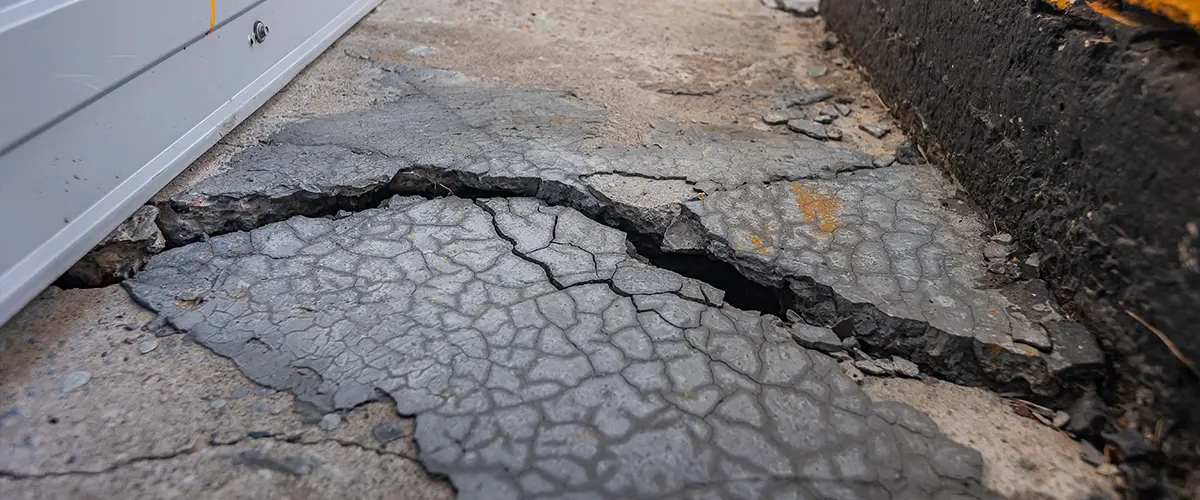
What Do You Stand To Lose If Water Damages Your Foundation
- Trust - Who knows the feeling of being on vacation and your body is there, but your mind is back home worrying if the basement will flood? What about the feeling of losing sleep due to the pouring rain that awoke you while you were sleeping?
- Valuables - Is this the rainstorm where the water comes in floods the basement and I lose all my valuables? My furniture gets ruined, my electronics, old pictures, old certificates, handwritten letters from the past.- Is this the rainstorm where the water comes in floods the basement and I lose all my valuables? My furniture gets ruined, my electronics, old pictures, old certificates, handwritten letters from the past.
- Time - If the basement floods, how many hours will go to meeting with your insurance company, mitigation contractors, mold contractors and remodeling contractors? Before getting the basement back, the entire process can average 30-60 days of constant contractors visiting, hammers, drills, and machinery.
- Money - Besides the deductible, your insurance company will pay to get the basement back to its original state. Any upgrades you want to make to the basement will be an out-of-pocket cost. The insurance company does not cover interior drainage systems and if you need to install a system, that's an additional cost.
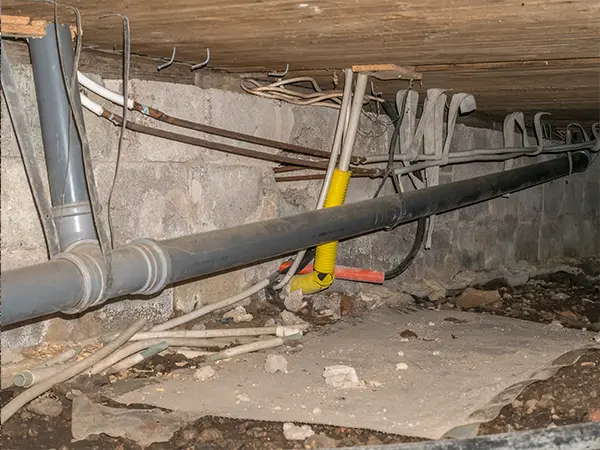
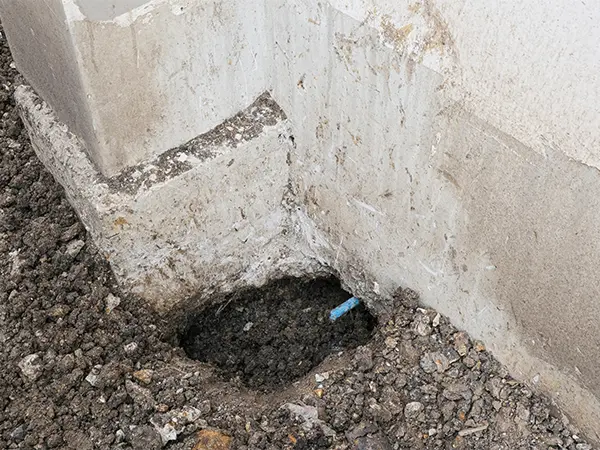
Warning Signs That You Have A Water Problem In Your Basement
Here are a few warning signs that you have a problem:
- Bad smells - If your building materials or personal items in the basement are frequently getting wet due to ground or rainwater, that is a cause for concern. The basement develops a damp or moist smell, signaling that fungi are beginning to settle in the basement.
- Mold - Every home has mold spores; moisture control makes the difference between a controlled or problem area. Drywall, wood, cardboard and paper are organic food sources for mold spores to grow. Mold can cause respiratory issues for home occupants with children and the elderly more susceptible.
- Water stains - Whether your basement walls are exposed or covered, the evidence will be left if water penetrates your walls. Water is not shy about its presence; water always leaves clues.
- Cracks - If the water has built up next to your home's foundation, the hydrostatic pressure (weight of the water) will cause stress to the foundation and cause cracking.
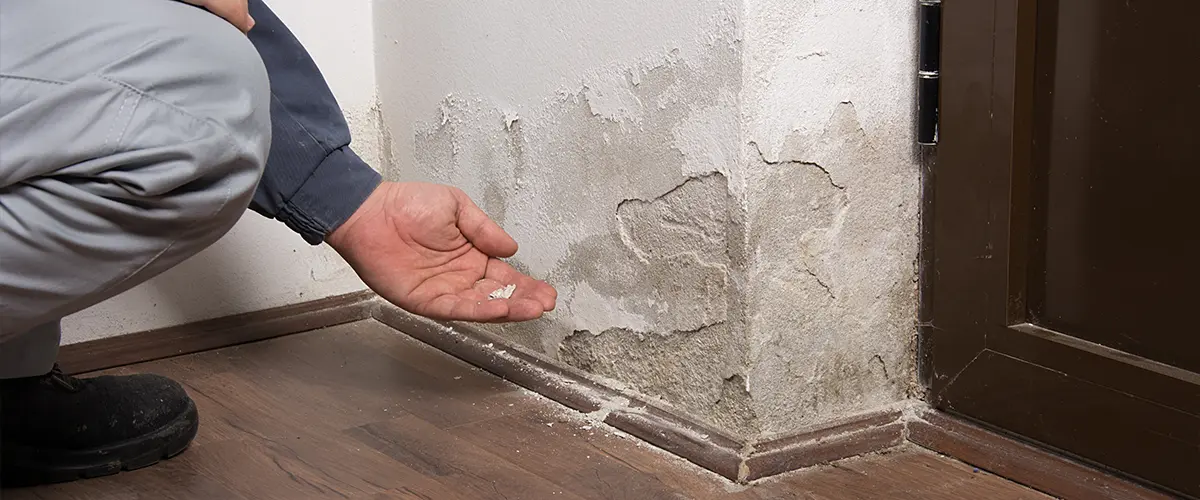
Where The Fight Happens (In Front Of The Foundation)
The fight for the integrity of your home’s foundation starts at 6-10 feet in front of your foundation:
- Foundation - The average basement floor is six feet below the soil level, depending on the style of the home. This is where the unseen fight is happening. The type of foundation you have will best determine the strategy to defend the foundation from water.
- Soil - When your home is built, the builder excavates between 6-10 feet away from the foundation wall. Once the area is backfilled, the soil is not as compacted as before. Small capillary veins in the soil allow water to build up around the foundation.
- Gutter system - Your gutters are your home's first defense. It is imperative to have your gutters cleaned frequently to prevent leaves, dirt and other debris from stopping the rainwater from flowing. The downspouts should be 8-10 feet away from the foundation.
- Interior/exterior drainage system - When your home was built, the builder waterproofed the exterior by dampproofing the walls and adding a drain field. Depending on the age of your home, the builder also installed an interior drain system commonly referred to as a french drain system. The sump pump is the heart of the interior system as it is responsible for discharging the groundwater collected around the foundation away from your home.
- Drains - This portion of protection is often overlooked. Drains around the foundation are a leading cause of basement floods. A majority of walkout basements have a drain to collect the rainwater and the water collected will go into the interior drainage system or in older homes the sewer.
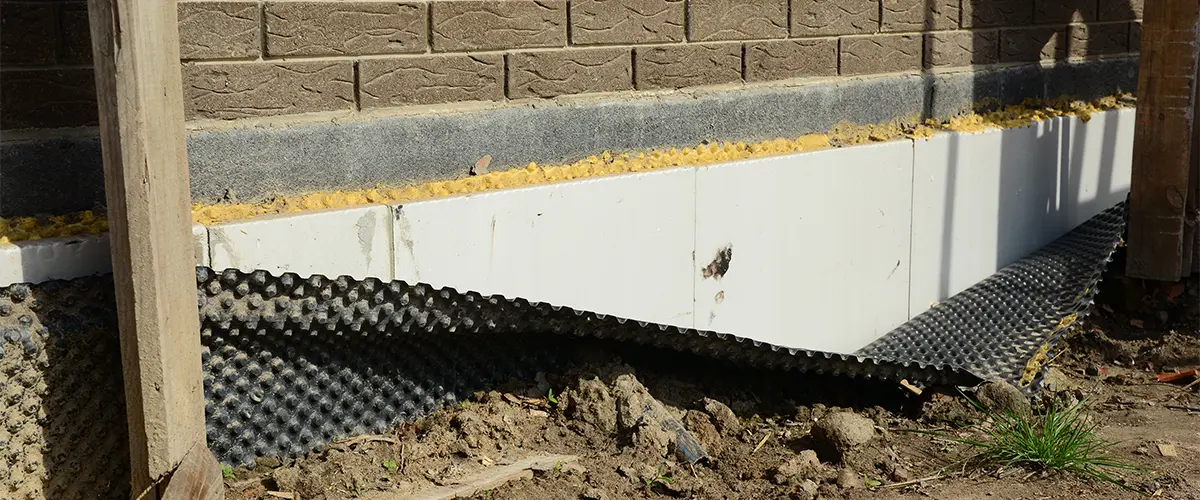
What To Do If You Have A Problem With Water In Your Basement
While you can undertake many home improvement projects alone, waterproofing a basement is far from being a DIY job.
You’ll need experience, tools, knowledge, and worst of all, you’ll need to do a lot of digging and get really dirty. For many of our clients, this project needed an expert, and we delivered.
The best thing to do if you struggle with water damage is to call basement waterproofing companies.
With Capstone Waterproofing Solutions, you’re getting some of the best tradesmen in Washington DC and surroundings. Check out our complete basement waterproofing service and enjoy reliable craftsmanship at an affordable price!
Give us a ring now at (202) 389-9121 or request your free quote and let’s get your basement fixed!
